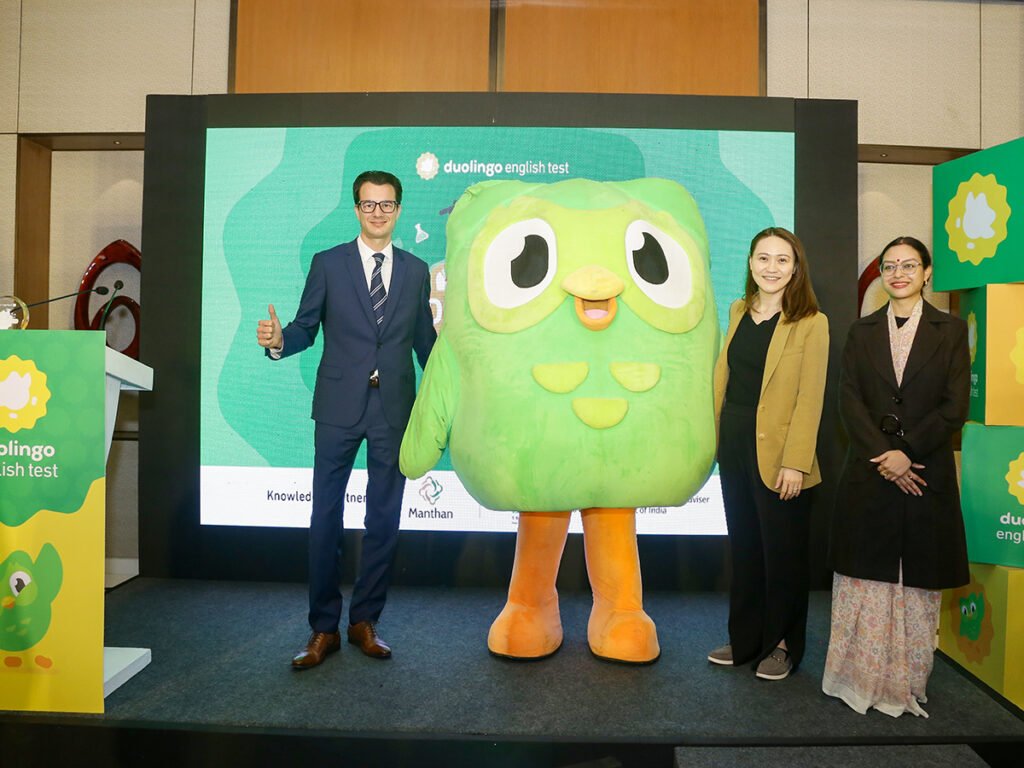Duolingo Unveils $30,000 STEM Scholarship for Indian Women in Partnership with Indian Government
Duolingo, in collaboration with the Office of the Principal Scientific Adviser (PSA) to the Government of India, has introduced the ‘DETermined’ scholarship, a new initiative aimed at supporting Indian women pursuing careers in science, technology, engineering, and mathematics (STEM). This exclusive scholarship offers a one-time grant of $30,000 (approximately ₹25 lakh) to cover tuition costs for eligible undergraduate or postgraduate programs in the United States starting in Spring 2026. Applications for the DETermined scholarship are currently open via the Manthan portal. The goal is to help talented Indian women overcome financial challenges and access world-class STEM education abroad. Despite steady growth in female representation in STEM—rising from 38.4% in 2014 to 42.6% in 2024, according to UGC data—many still face economic barriers when aiming for top global universities. This scholarship seeks to close that gap. The Office of the PSA will serve as the knowledge partner and play an active role in the evaluation and selection process. Applicants must be Indian women residing in India, have scored at least 60% in their science stream from a recognized institution, and possess a minimum Duolingo English Test (DET) score of 120. They must also intend to pursue a full-time STEM degree at a U.S. institution that accepts DET scores. In addition to academic credentials, applicants are expected to show leadership qualities, a passion for innovation, and a commitment to addressing local or global challenges. A willingness to return to India and potentially launch a startup or scalable project will also strengthen their candidacy. Key Dates: Application Deadline: June 30, 2025 Scholarship Announcement: September 2025 Selection Process: Initial Application: Submit details including academic records, DET score, and a short essay or video explaining their vision for impact in STEM. STEM Impact Proposal Challenge: Shortlisted applicants must present a unique solution to a major STEM-related issue in the form of a proposal (max 1,000 words) or a 5-minute video. Final Interview: Candidates who reach the final round will attend a virtual interview to discuss their ideas, goals, and personal motivations. The $30,000 grant will be directly transferred to the student’s U.S. university to offset tuition expenses. Candidates can apply through the Manthan portal or Duolingo’s official website under the grants section, which also provides step-by-step guidance for the application process. Source: Indian Express



